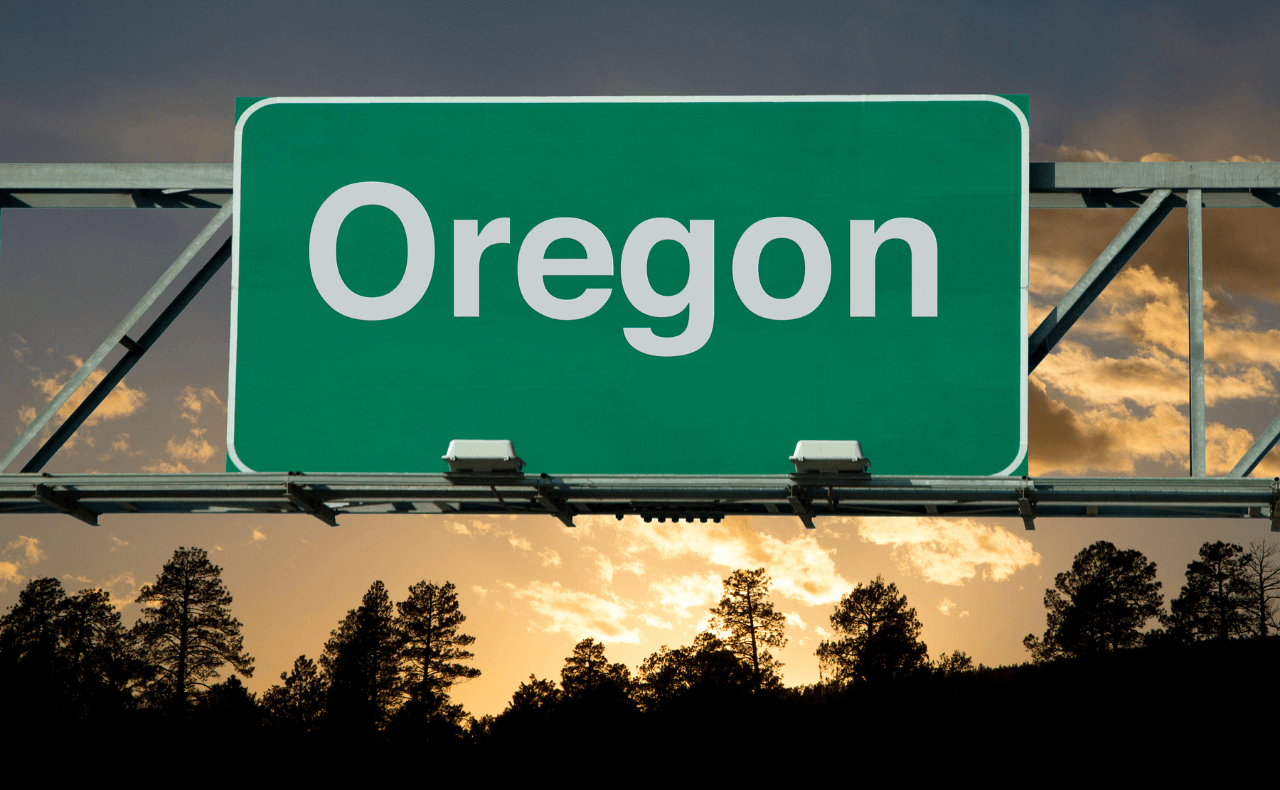Why Oregon Is Leading the Way in Psychedelic Therapy Training
In recent years Oregon psilocybin facilitator training program has become popular among health professionals. The expansion of psilocybin services in Oregon signifies a dramatic change in the way that mental health crises are treated. This innovative method changes the way we think about and treat psychological disorders, giving people who are battling addiction, despair, anxiety, and other mental health illnesses fresh hope. The decriminalization of psychedelic including its controlled therapeutic purpose, Oregon sparkes interest of people looking for non-traditional ways to treat mental problems.
The Psilocybin Services Act of Oregon
With the passing of the Oregon Psilocybin Services Act, which is codified at Ore. Rev. Stat. Chap. 475A, Oregon became the first state to legalise the use of psychedelics by adults on January 1, 2023.
For the use, production, distribution, and control over psilocybin products, the Oregon Psilocybin Services Act establishes a licensing procedure for producers, operators of service centres, labs, and intermediaries. According to the Oregon psilocybin facilitator training certification program requirement, this substance now be consumed by adults over 21. The need that a state-certified facilitator be present when someone consumes psilocybin is a crucial aspect of the law; it forbids the retail selling of psilocybin.
The Oregon Health Authority (OHA) is being given additional duties under Measure 109, such as licensing and sharing safety and effectiveness research. In addition, the measure creates a psilocybin service centre, sets requirements and standards for licence issuance, and creates an advisory council that reports to the OHA.
Regulatory Framework for Psilocybin in Oregon
The licence framework for Oregon psilocybin facilitator training centers includes the following psilocybin-related rules:
1. Employees who use psilocybin and other staff
2. A fund for psilocybin control and regulation
3. a ban on psilocybin-related behaviour
4. The execution of civil and criminal laws by the counties and cities of Items containing psilocybin
5. Taxation of items containing psilocybin
6. The authority and responsibilities of state officials, agencies, and the governor with Considering psilocybin
7. Psilocybin product testing
8. Psilocybin product concentration, labelling, and packaging
State Psychedelic Regulation: Oregon Taking the Lead
With recent ballot referenda decriminalising psychedelics and other psychedelic substances, Oregon is setting a new standard for the country. Legislative efforts by the states acknowledge the seriousness of mental health issues, including addiction, depression, anxiety disorders, suicidality, and psychological anguish at the end of life. These initiatives also point out that numerous and expanding bodies of research, along with nationally and internationally renowned medical institutions, have demonstrated the safety and effectiveness of natural medications, including psilocybin, in treating these disorders.
With reference to better clinical understandings of research and therapy, Ballot Measure 109 aims to develop a new system. The ballot highlights magic mushrooms as a solution to these issues while describing the seriousness of the mental health epidemic. This is the root cause of some of the misunderstanding around whether psychedelics, which are allowed in Oregon, will qualify as medical treatment.
Ongoing Studies
Ongoing study will be vital in determining the direction of psychedelic therapies going forward, not only in Oregon but also nationally. In 2024, the Oregon Health Authority (OHA) plans to impose stricter data gathering guidelines that will improve knowledge of psilocybin's effects on a range of demographics.
The initiative of Oregon psilocybin facilitator training keeps growing as the demand of psychedelic-assisted therapy increases. Oregon is a major actor in the changing field of psychedelic medicine since the results of these research are probably going to affect how other states handle the legalisation and regulation of psilocybin therapy.
Oregon is investigating the wider effects of psilocybin therapy on mental health in addition to providing psychedelic therapy training. More than 6,500 people have received psilocybin since the program's start, offering a wealth of empirical data that is assisting in the development of new studies and the improvement of therapeutic strategies.
Oregon Psychedelic Institutes
Hybrid training program includes seven monthly intensives over eight months, combining physical and online education.
Changa Institute
Live online with hands-on components. Changa Institute provides a five-month hybrid Oregon psilocybin facilitator training program
Clinical Cognitive Facilitator Training
Hybrid and online didactic learning and in-person experiential training
Clinical Cognitive Facilitator Training
Hybrid and online didactic learning and in-person experiential training
Clinical Cognitive Facilitator Training
Hybrid as well as Online Oregon psilocybin facilitator training program and in-person experiential training
Oregon Psychedelic Institute (OPI)
An 11-week intensive program started from April 22, 2025. Includes 10 weeks of online instruction and one week of in-person training in Joseph, Oregon
Conclusion
Oregon is the first state to test out the economic model for the psychedelics industry, which is bound to grow into a massive new industry. According to the underground therapist, "it's an exciting time, but the dial is turned up on everything." "The financial aspect will make the cannabis incident seem insignificant."
More study and development in the field of psilocybin therapy has been made possible by Oregon psilocybin facilitator training program is innovative enough to legalise and supervise psychedelic therapy for PTSD. Safe secure access to this innovative treatment is guaranteed by the state's meticulously designed framework, which includes licensed service centres and qualified psilocybin facilitator certifications for health experts.
According to participant reports of early success and favourable results, this therapy may be very important in treatment plans in the future. But it's important to keep in mind that psychedelic therapy is still in its infancy, and more research is necessary to completely comprehend its long-term consequences and best application. Other states and nations will be keenly observing Oregon's progress, which could eventually result in psychedelic-assisted therapy for PTSD becoming more widely accepted and accessible.

